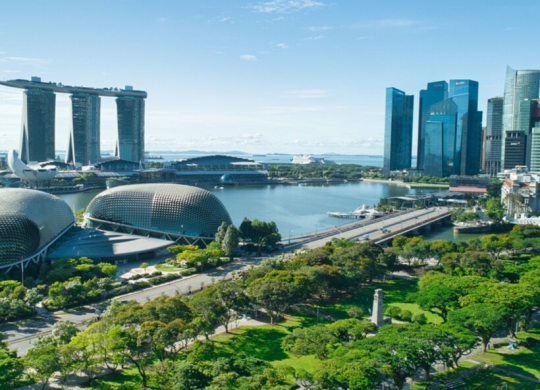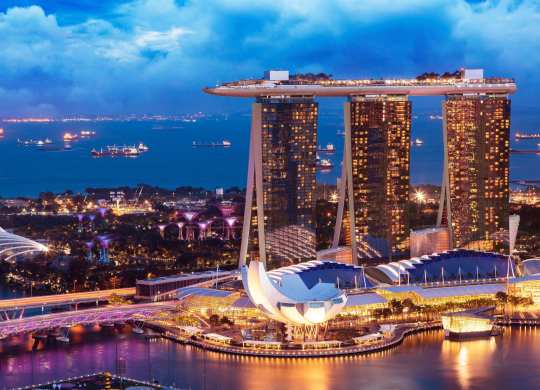Features of the health care system in Singapore: health insurance for foreigners

Singapore is a small Asian state with a powerful economy, a developed infrastructure, and high-tech. According to the International Institute of Management Development, Singapore's healthcare system is recognized as the best in Asia and the third-best in the world, and by the quality of medical services, it ranks sixth among the world powers. More and more patients choose this country for medical tourism. Cutting-edge technologies, skilled, experienced, attentive specialists, progressive treatment, diagnostics, and rehabilitation methods. Year by year, medical services in Singapore are gaining in popularity. Today, treatment in Singapore is one of the most effective in Asia, with a lower cost, for example, than in Israel or Germany.
Features of the healthcare system in Singapore
All clinics in Singapore provide world-class diagnostics and treatment. Medical centers of general profiles, as well as specialized clinics, function here. The level of service and technical and methodological support in hospitals and hospitals does not depend on the type of ownership (private or state).
There are around 30 hospitals in Singapore. Singapore physicians are leaders in innovative treatment methods. Oncology, cardiology, traumatology and aesthetic medicine are particularly developed areas of the nation's medical services. Singapore's medicine uses the latest developments. Every day surgeons perform the most complex operations with the use of da Vinci robot-surgery technology, the most advanced at present. Hospitals offer unique methods of cancer treatment using "gamma knife" equipment and advanced chemotherapy methods developed by leading doctors and pharmaceutical companies in the world.
Singaporean doctors are also skilled in techniques such as stereotactic radiosurgery and radiation therapy. These are advanced forms of radiation therapy that reduce the number of procedures from one to five instead of the traditional 30. They are performed on an outpatient basis under the supervision of a specialized scanner that provides detailed imaging and does not require open surgery.
There are private and public hospitals. Let's list some of them:
Public:
• National Heart Center
• National University Hospital
• National Eye Centre Singapore
• Singapore General Practice Centre
• Maternity and Child Hospital QC
• National Institute of Neurology
• Tan Tok Sen Hospital
Private:
• Raffles Hospital
• Thomson Medical Center
• Gleneagles Hospital
• Mount Elizabeth Novena Medical Center
Public health facilities are designed to provide subsidized health care services to Singaporeans. These facilities consist of public clinics and numerous outpatient clinics.
Private medical facilities in Singapore with excellent medical protection and level of care. For non-Singaporeans, there is little difference in cost between government and private medical facilities because they compete directly with each other. Because private medical facilities generally have a higher level of care and minimal waiting time, most expatriates living in Singapore (as well as medical tourists from overseas) prefer to visit private health care facilities. Private medical facilities in Singapore consist of numerous private clinics that offer outpatient services as well as private hospitals.
Health Insurance for Foreigners
Foreigners working in Singapore have access to government-subsidized health insurance. Day-to-day medical services are quite affordable even without health insurance. There are many options in a healthy competitive health care environment among internationally recognized health insurance companies that can offer a policy that best suits one's needs and financial means. Depending on age, lifestyle, and type of policy, the monthly cost of private health insurance can range from $75 to $400 for the insured.
Singapore citizens and permanent residents are eligible for government-subsidized medical services, and compulsory national savings, while foreigners with various work permits can obtain health insurance either through their employer or purchase it in person, privately. The provision of health insurance benefits is not mandatory for employers in Singapore. Generally, the larger the company, the higher the probability that the company offers some type of health insurance benefits to its employees.
Recommended articles
3 min
Treatment
4 min
Work
4 min
Residence permit
All materials and articles are owned by VisitWorld.Today and are protected by international intellectual property regulations. When using materials, approval from VisitWorld.Today is required.

